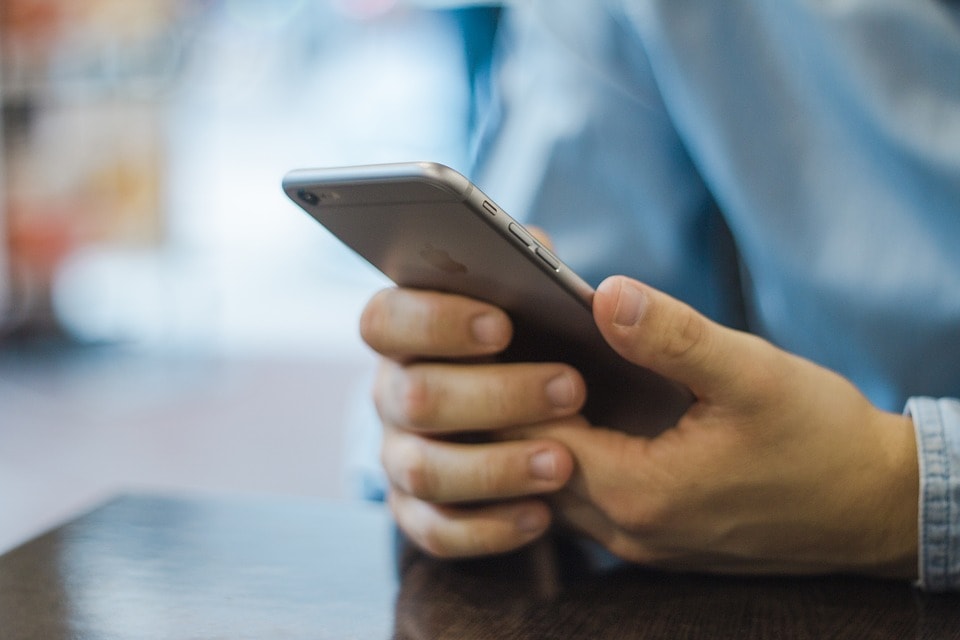
Apple, Starbucks and Chipotle are only some of the major companies facing class-action lawsuits for requiring their employees to work “off-the-clock.” Traditionally, “off-the-clock” lawsuits involve claims for unpaid work at the employer’s worksite. However, with the increasing prevalence of smartphones, the typical “off-the-clock” claim is ever more likely to involve claims for unpaid work away from the employer’s worksite, and on a mobile device. In fact, according to the Pew Research Center, adult ownership of smartphones has steadily increased from 35% in 2011 to 77% in 2018, with 20% of American adults currently using smartphones as their primary means of internet access.
Are Employers Required to Pay Employees for Working Off-the-Clock?
Generally, an employee is entitled to be paid for work performed away from the work-site on a smartphone or other device where the employer knew, or should have known, that the employee was performing the work without being paid. The Seventh Circuit’s decision in Allen v. City of Chicago, 865 F.3d 936 (7th Cir. 2017) is illustrative of the issue of employer knowledge. In Allen, the plaintiffs were police officers who claimed that they were not compensated for the off-duty work performed on their work-issued BlackBerrys (e.g. checking emails). Although the work performed on the BlackBerrys would normally be compensable under the FLSA, the court found against the plaintiffs because the police department did not have actual or constructive notice of the work being performed.
To reach this conclusion, the court considered the fact that the police department had a procedure for reporting off-duty work, including work performed on the BlackBerrys, and the evidence presented to the trial court was insufficient to show that the plaintiffs were prevented in some way from seeking to be paid for their off-duty work, or that the plaintiffs’ supervisors knew that work was being performed without compensation. In contrast to the facts in Allen, the court noted that if an employer, either through overt or subtle means, “prevents or discourages accurate reporting in practice” the existence of a policy or procedure for reporting off-site work will not itself insulate an employer from liability. Thus, an employer need not have actual knowledge of the work being performed if the employer’s own actions prevented or discouraged employees from reporting the off-site work.
What About Salaried Employees?
An employee who performs uncompensated work on smartphones is entitled to be paid for that work at the employee’s regular rate of pay, or overtime rate if the employee had already worked 40 or more hours that week. However, an employee who falls within one of the exemptions to federal and state minimum wage and overtime laws may not be able to recover compensation. For example, under the FLSA, there are minimum wage and overtime exemptions for bona fide executives, administrative, professional and outside sales employees who receive a salary of at least $455 per week and whose salary is meant to compensate the employee for all hours worked in that week. Thus, if an employee falls within one of the foregoing exemptions, that employee’s smartphone could theoretically keep the employee connected to work 24 hours a day. However, even if an employee is classified as exempt by his or her employer, it is still possible that the employee was misclassified because the employee’s actual job responsibilities or pay failed to satisfy the requirements of the exemption. A more detailed discussion of misclassification issues can be found here.
Legislative Efforts Aimed at Allowing Employees to Unplug from Work
To address the increasing impact of smartphones on working life, on March 22, 2018, the New York City Council introduced a bill titled, “Private employees disconnecting from electronic communications during non-work hours.” The bill would make it illegal for private employers with ten or more employees to require its employees to check and respond to their work emails or take part in work-related electronic communications during non-work hours. There is an exception in the proposed bill for working overtime and in case of emergencies. The proposed bill is the first of its kind in the United States, but the prevalence of smartphones will likely lead to additional legislative efforts and litigation to curb the pressures to work “off-the-clock.”
If you have questions about these or other wage and hour issues, call (212) 257-6800 to speak to an attorney who can advise you of your legal rights and answer any questions you may have.
| Bryan L. Arbeit Senior Associate |
| WIGDOR LLP 85 Fifth Avenue, New York, NY 10003 T: (212) 257-6800 | F: (212) 257-6845 |
| barbeit@wigdorlaw.com wigdorlaw.com |